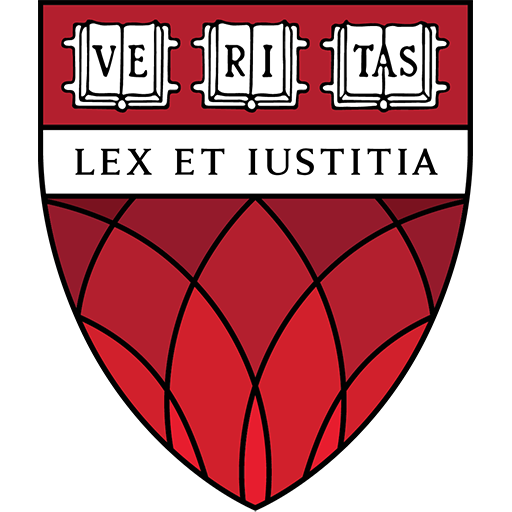
Gender, Race, & Non-Discrimination
Non-discrimination is a central tenant in international human rights law. IHRC’s projects in this area have focused on gender- and race-based discrimination, particularly advancing the rights of women, gender-diverse persons, and LGBTQ+ individuals. We have engaged in legal advocacy on issues at the heart of the global struggle for gender and racial equality, including racial discrimination in the United States, gender-based violence, and capacity building for women’s rights activists. An ongoing IHRC project analyzes women’s leadership in the human rights field, informed by dozens of interviews with women working in human rights organizations around the world.
Meet the Clinicians who work in this area:
Representative Projects
IHRC has raised awareness of a water crisis in the United States in which over two million people lack access to clean, running water and indoor plumbing. A majority of those whose right to water has not been protected come from low-income communities of color. IHRC investigated the disparate impact of water policies in a North Carolina county, which left low-income, Black American residents without access to public water and sewer services for generations. Students conducted on-the-ground fact-finding and research to explore whether those policies violated the international right to water and the U.S. constitutional right to non-discrimination, and then provided legal and analytical support to our partner organization and its clients as they carried out ongoing media and local advocacy campaigns on behalf of the community.
IHRC is working to reduce gender-based violence through the effective implementation of the 2013 Arms Trade Treaty, particularly states parties’ obligation to assess for risks that proposed arms exports will be used to commit or facilitate gender-based violence (as part of a larger assessment of human rights risks) before allowing exports to proceed. With IHRC partners Control Arms and the Stimson Center, student teams have advanced compliance with this requirement through multi-day trainings of government officials from a variety of countries, including regional in-person trainings held in Latvia and Namibia in 2019, as well as by producing impactful guidance based on international legal research and interviews with export control officials. IHRC students have also supported the UN Independent Expert on Sexual Orientation and Gender Identity with research and analysis for a 2022 report to the UN General Assembly on how the gendered dimensions of armed conflict affect LGBTQ+ people.
